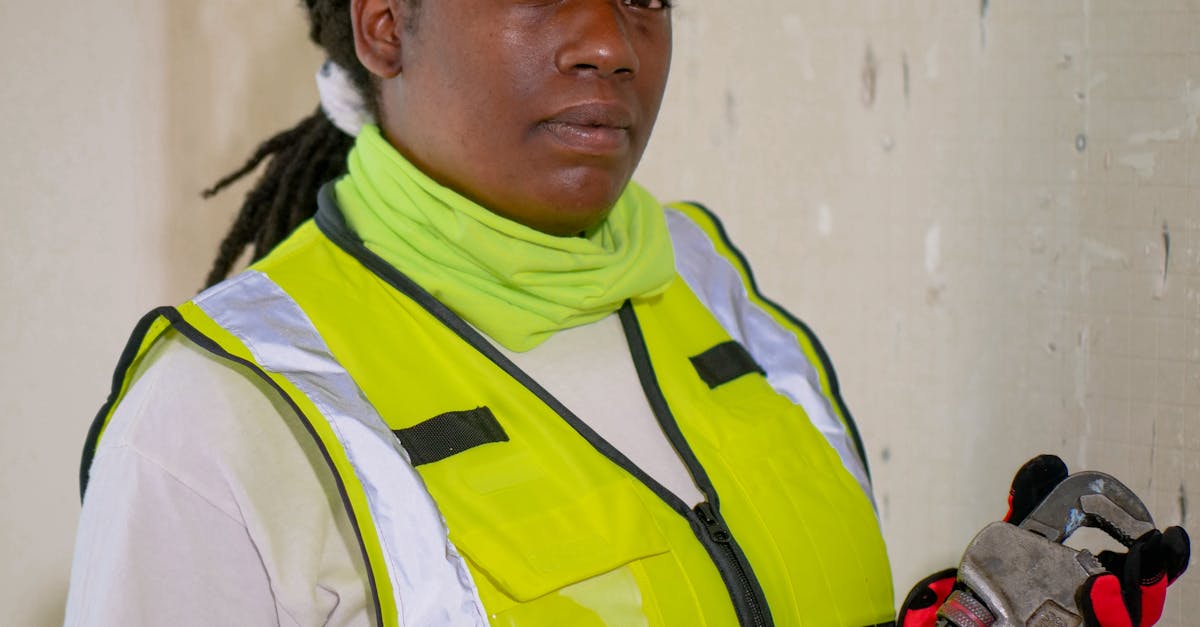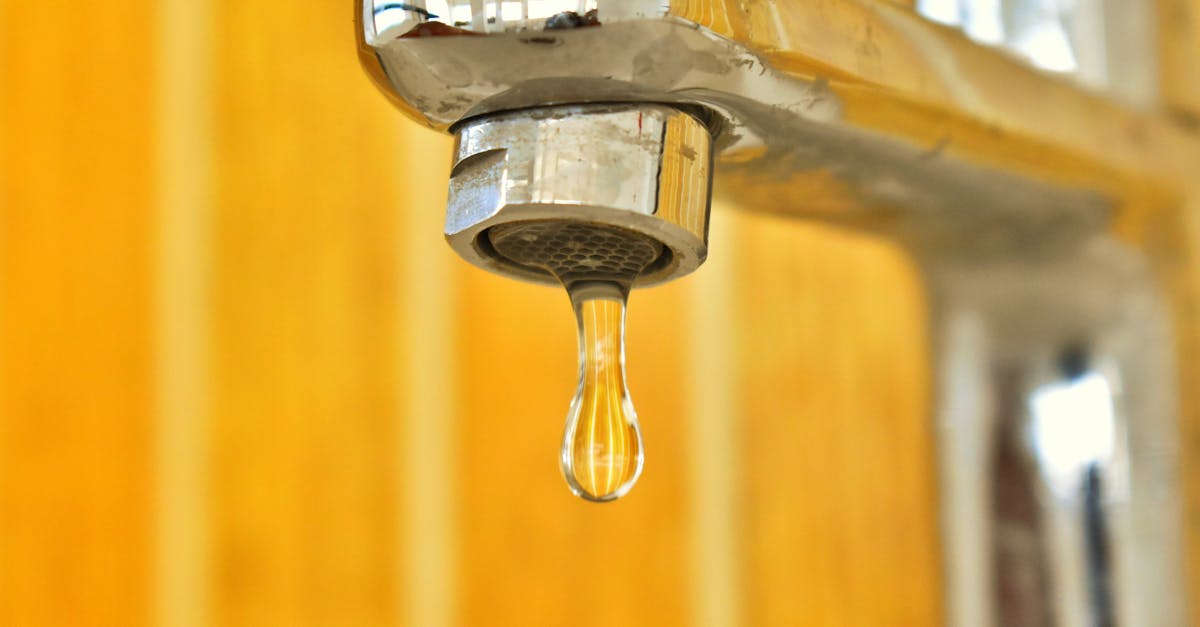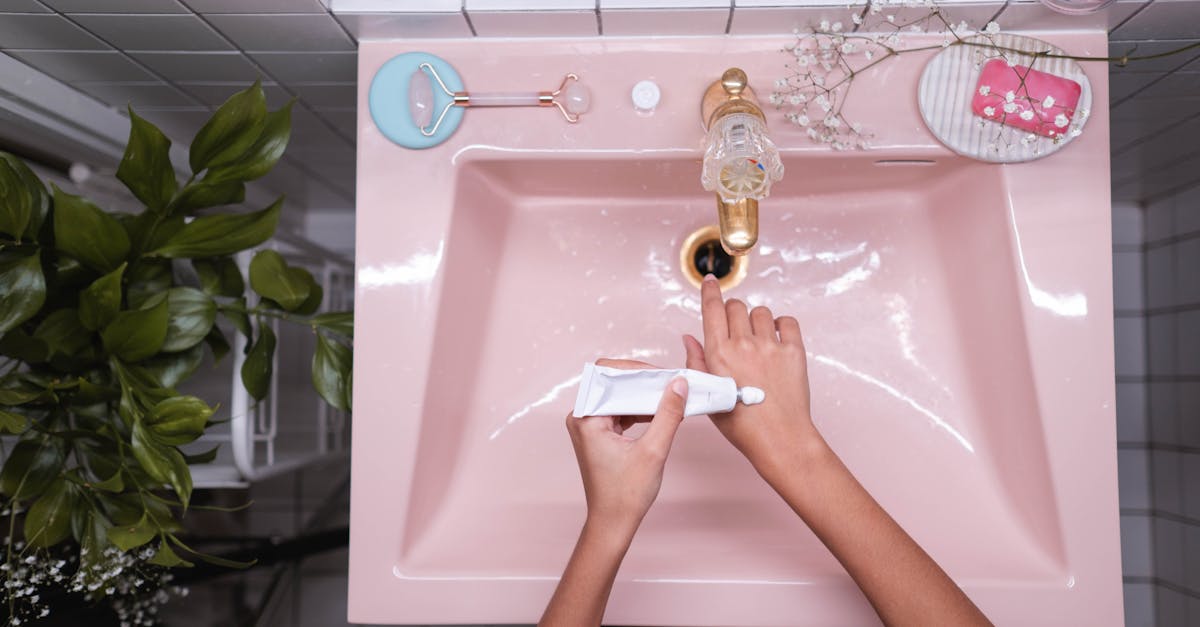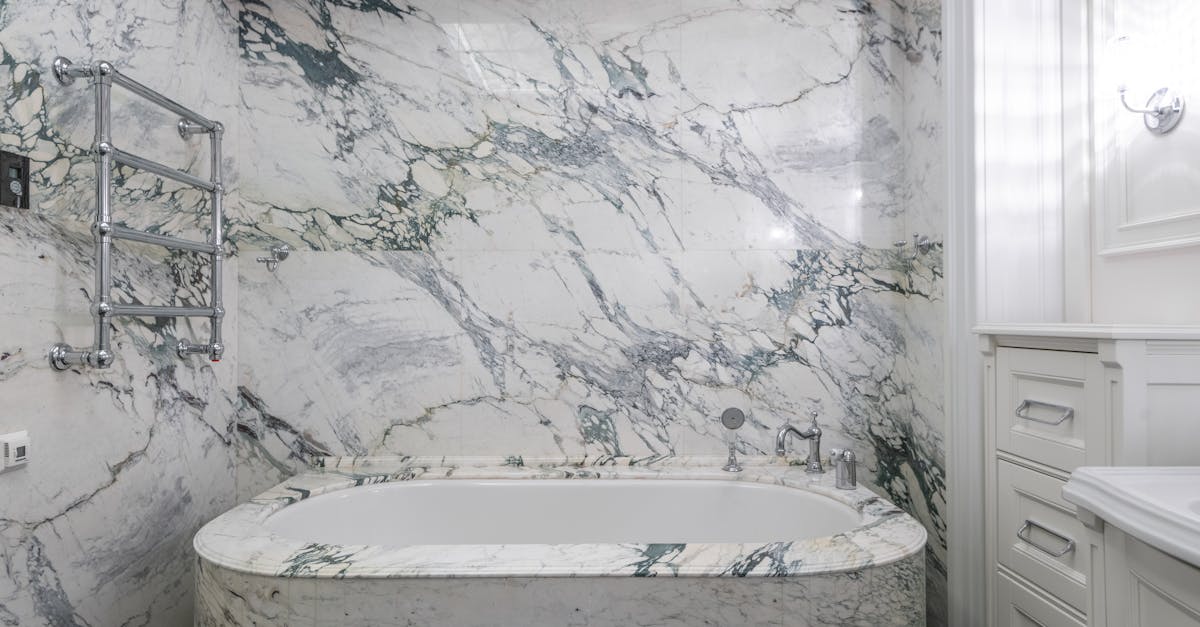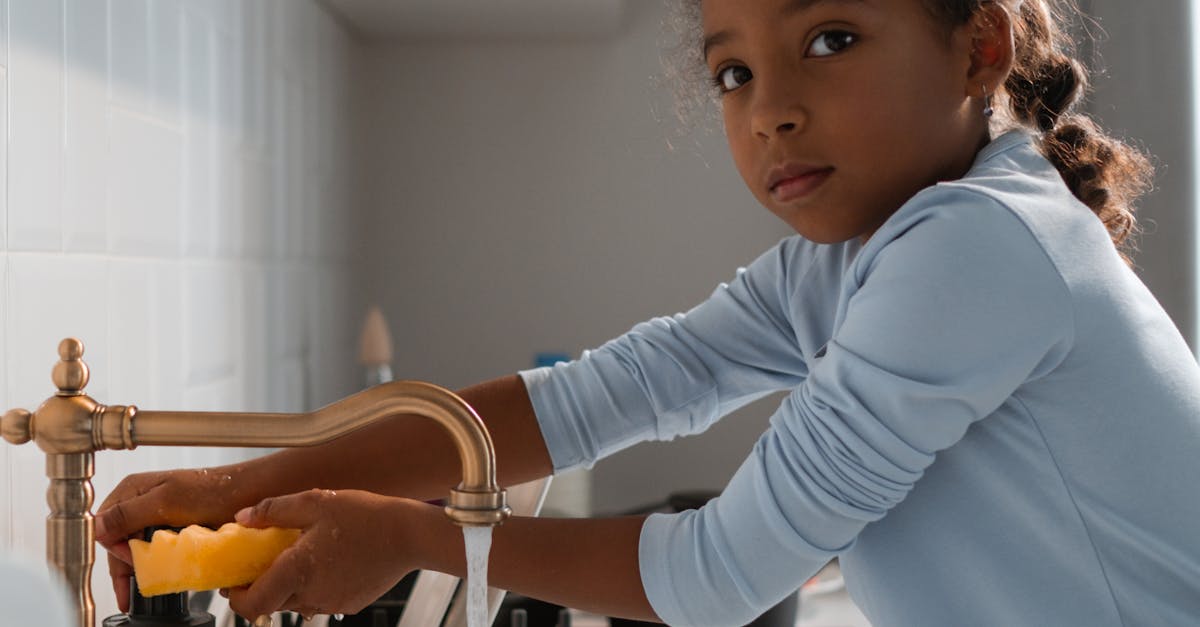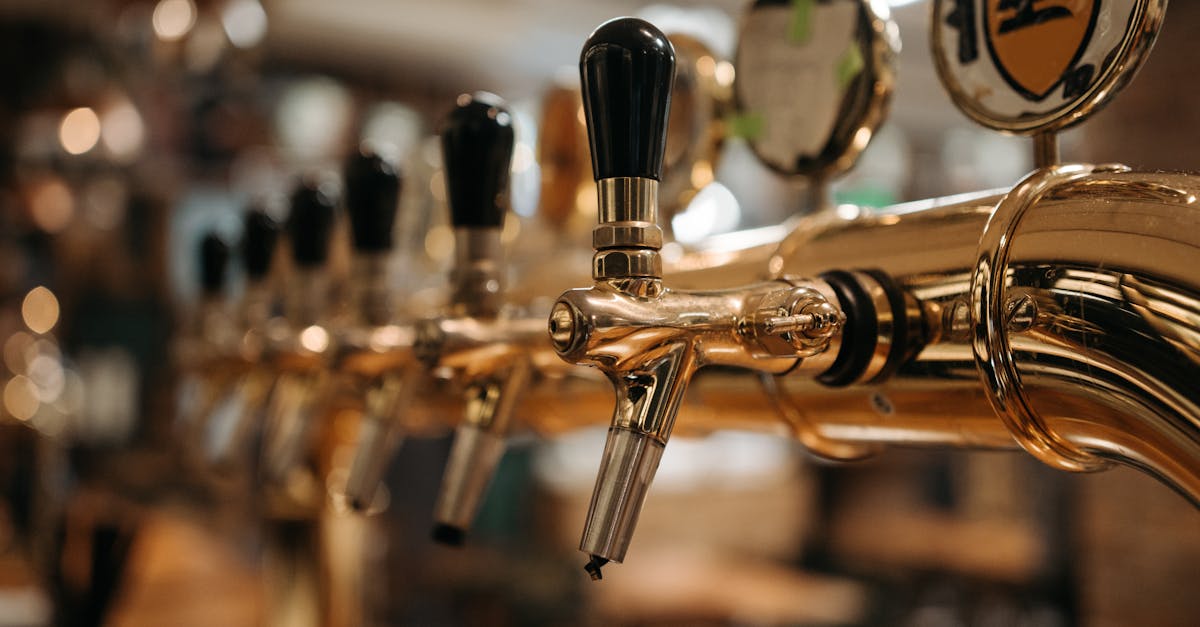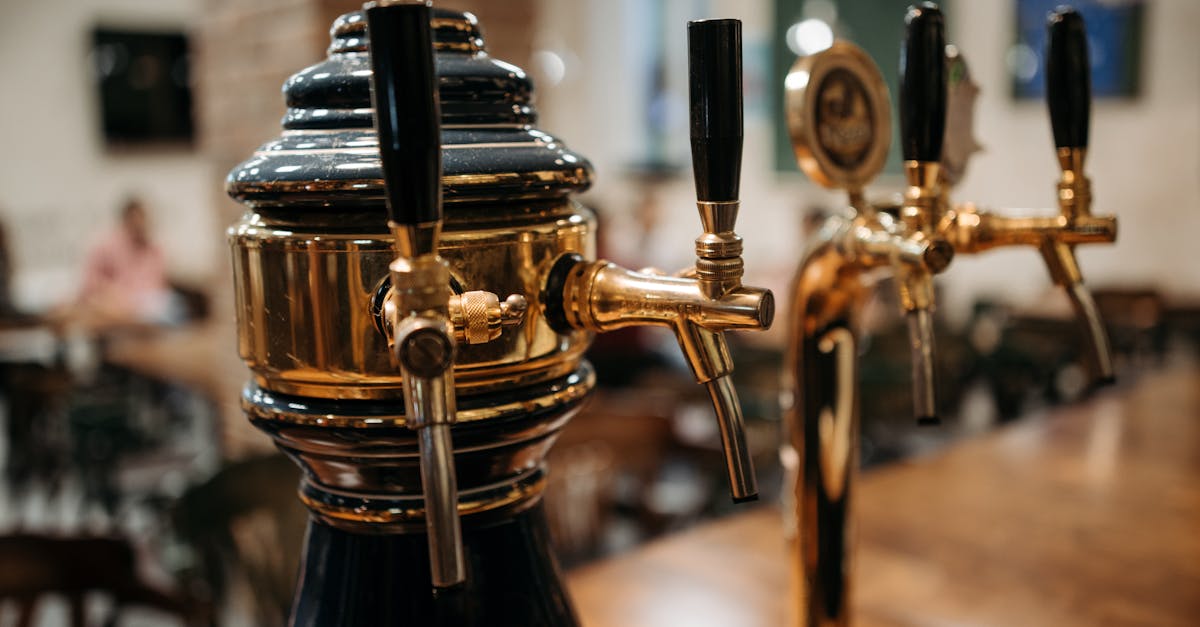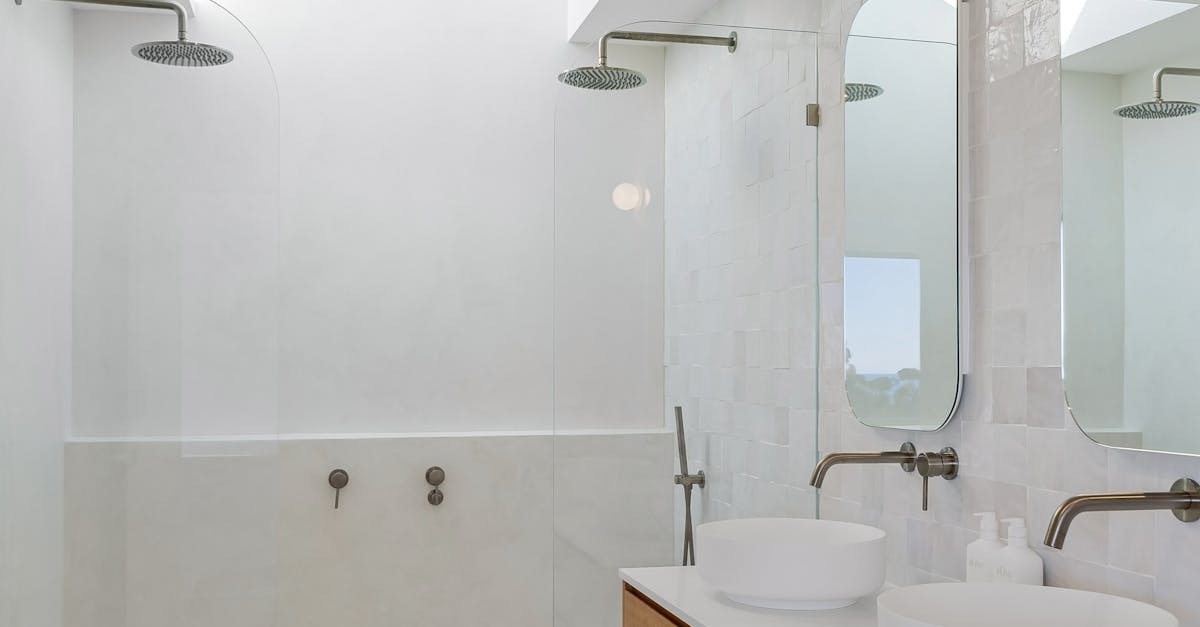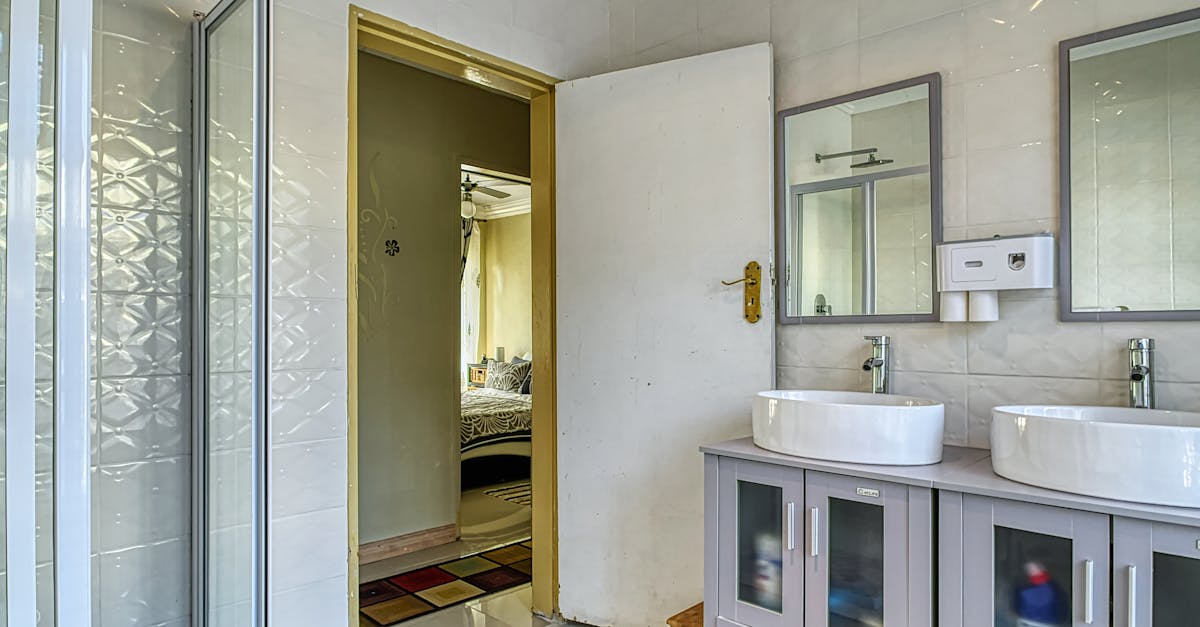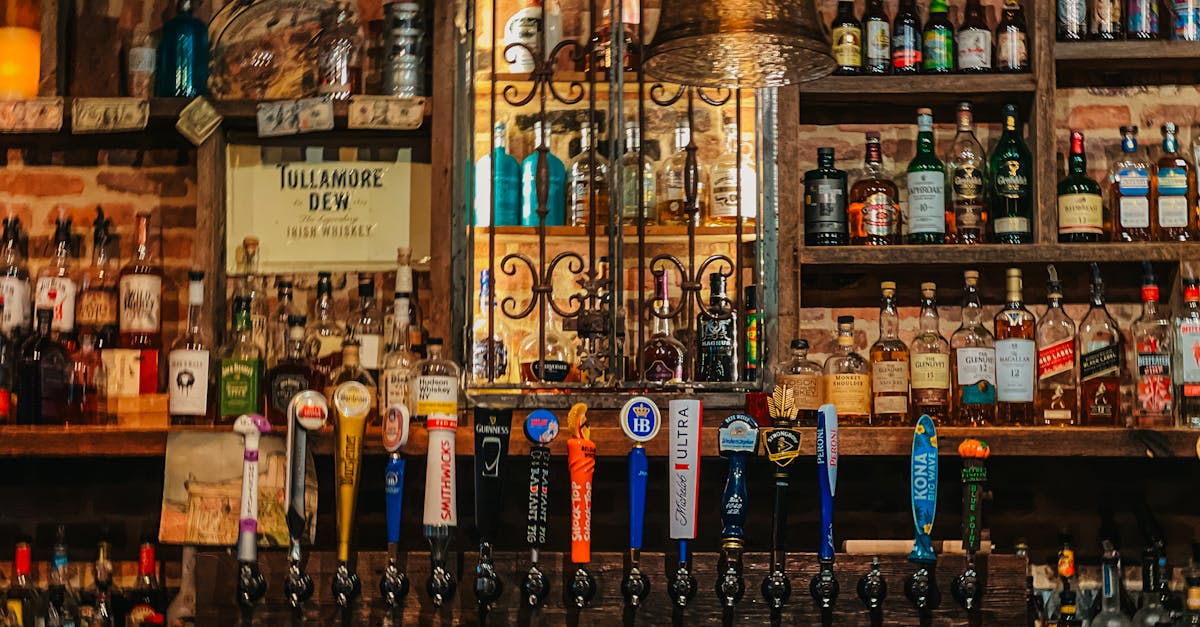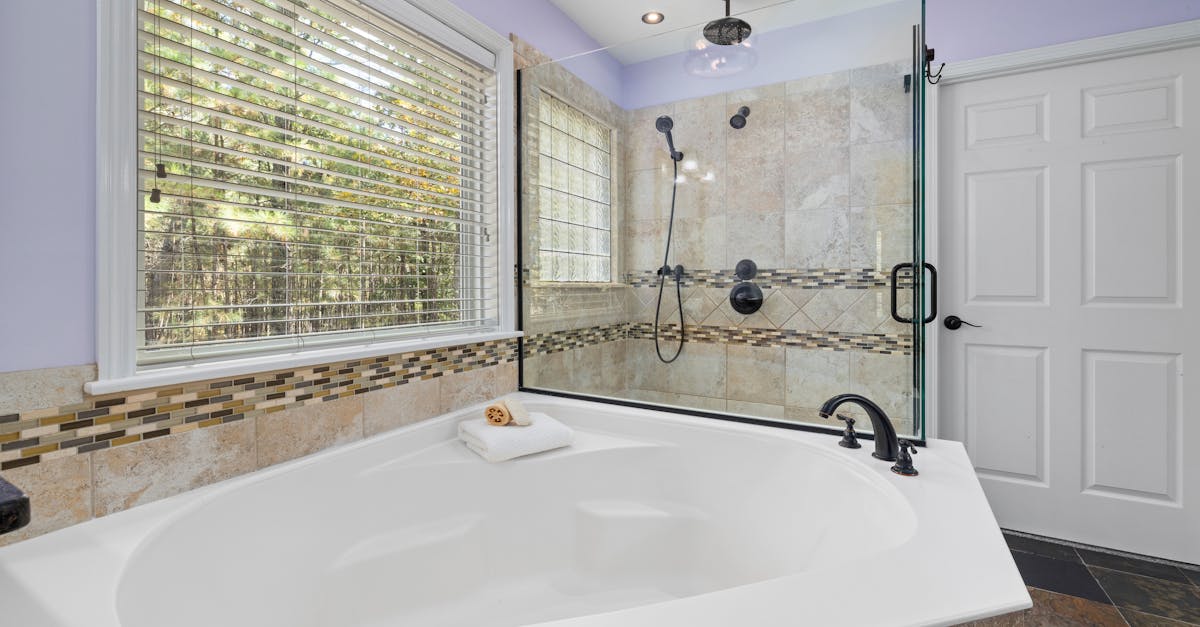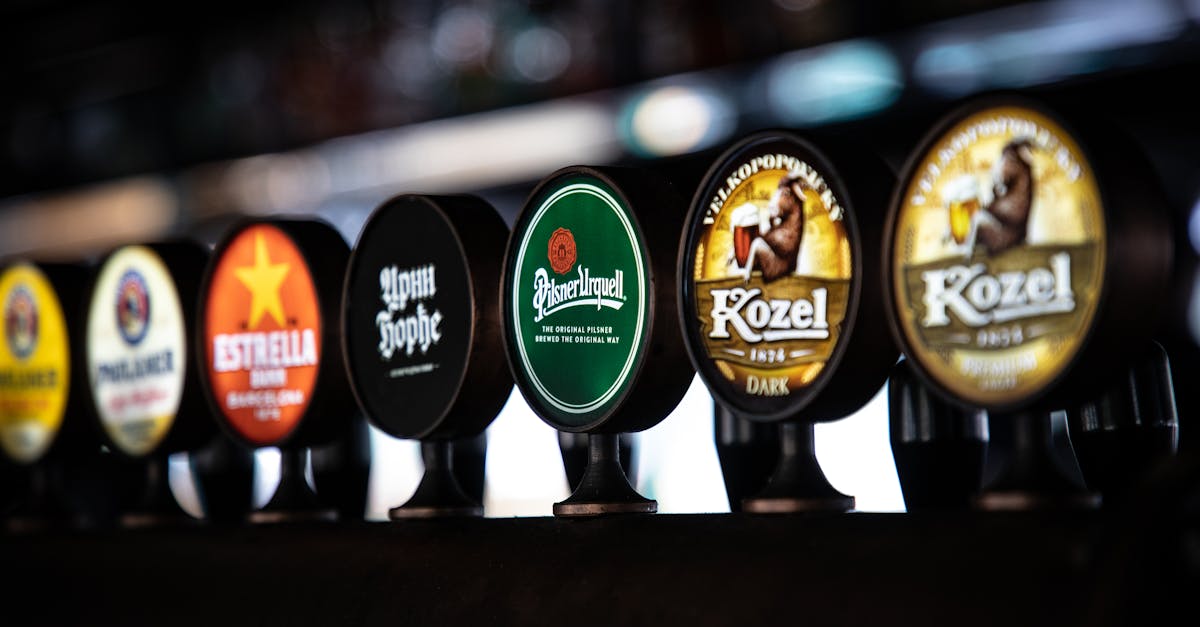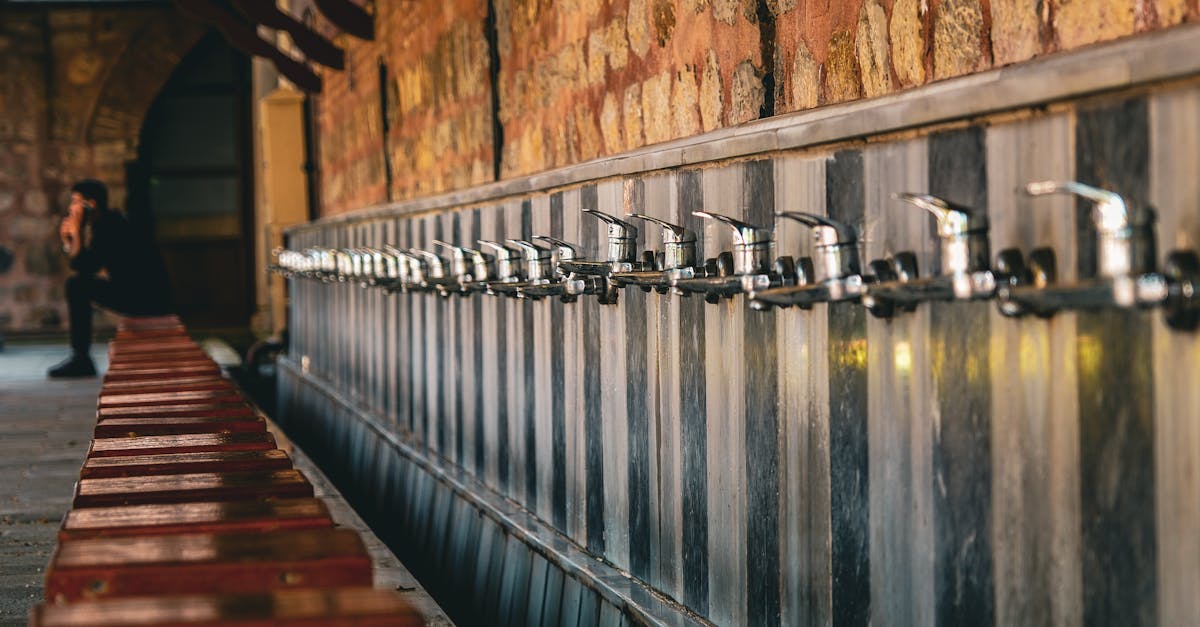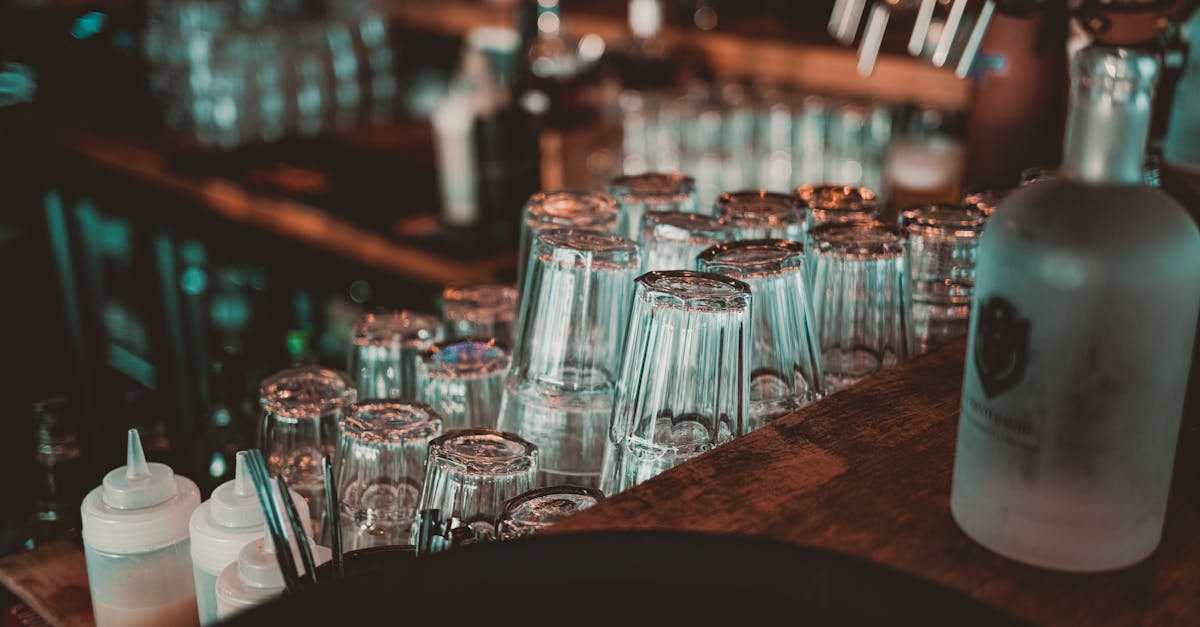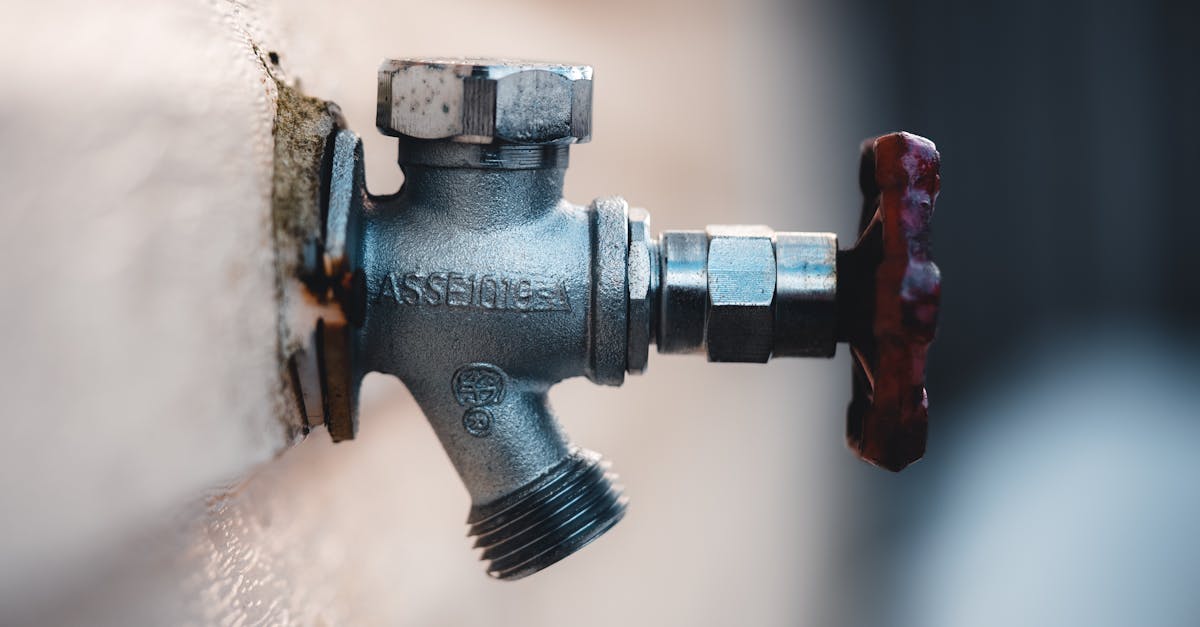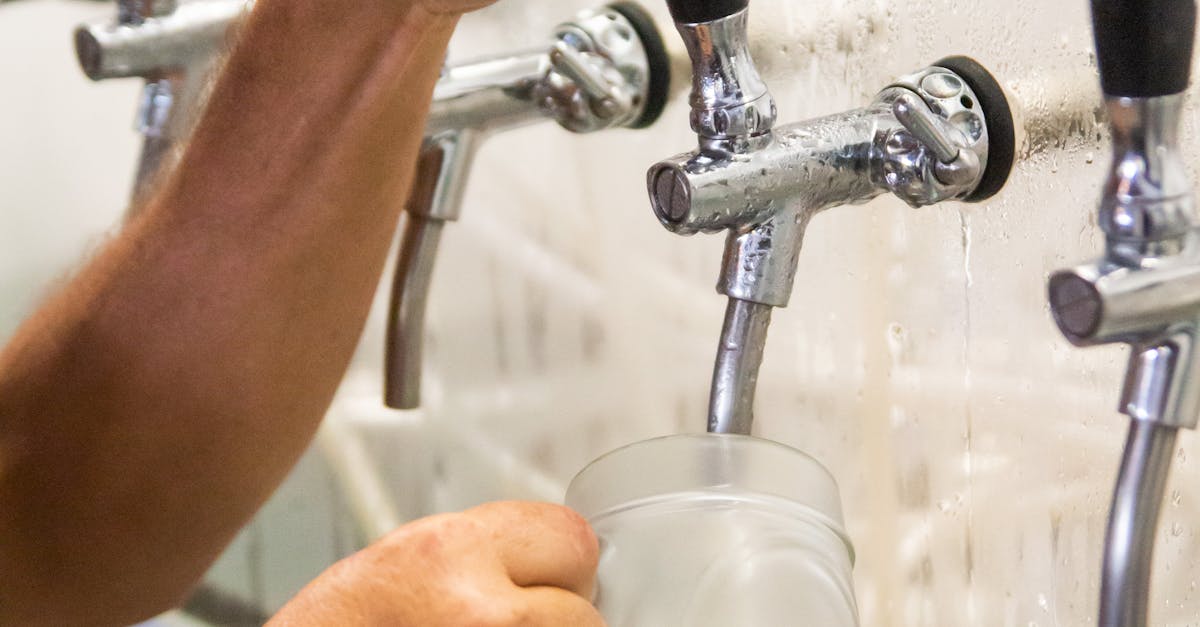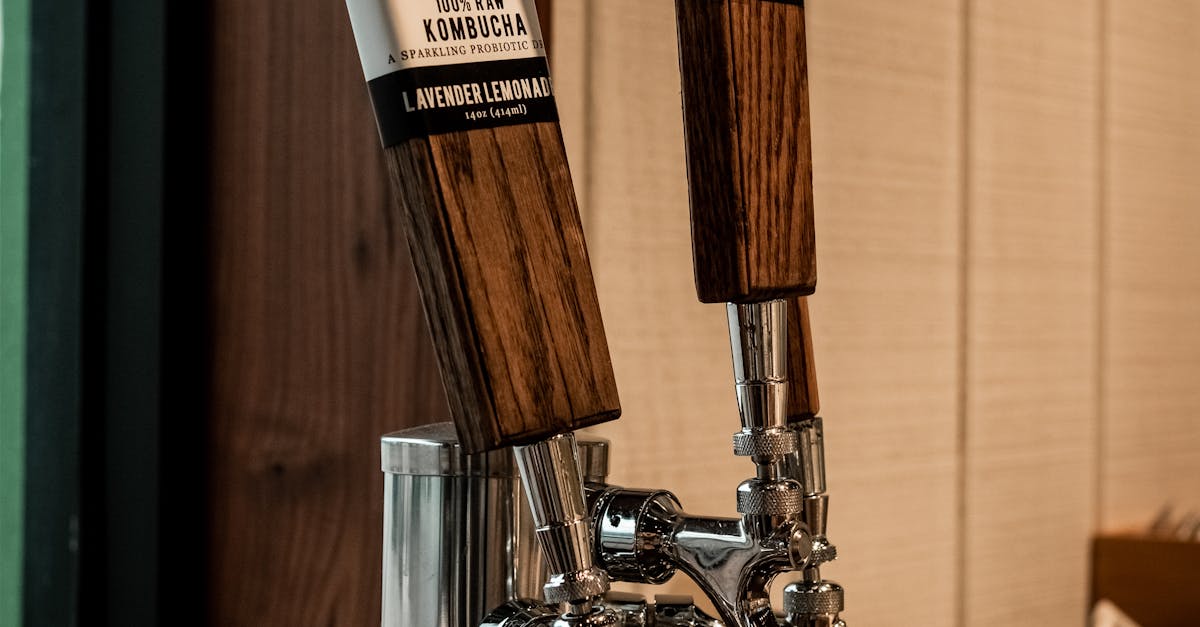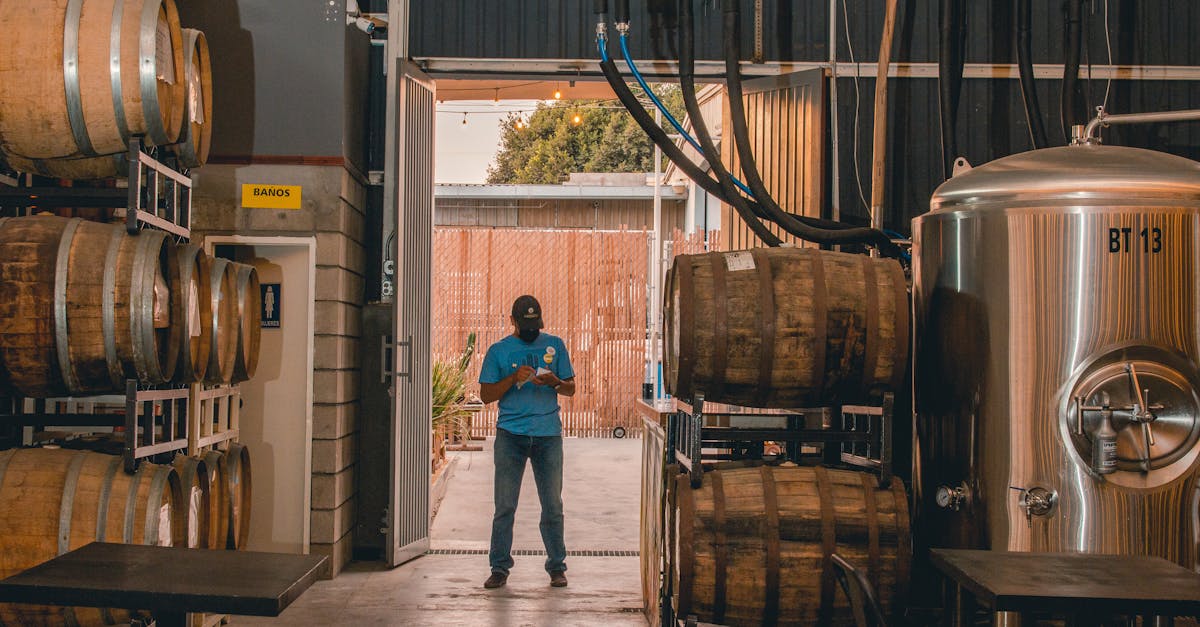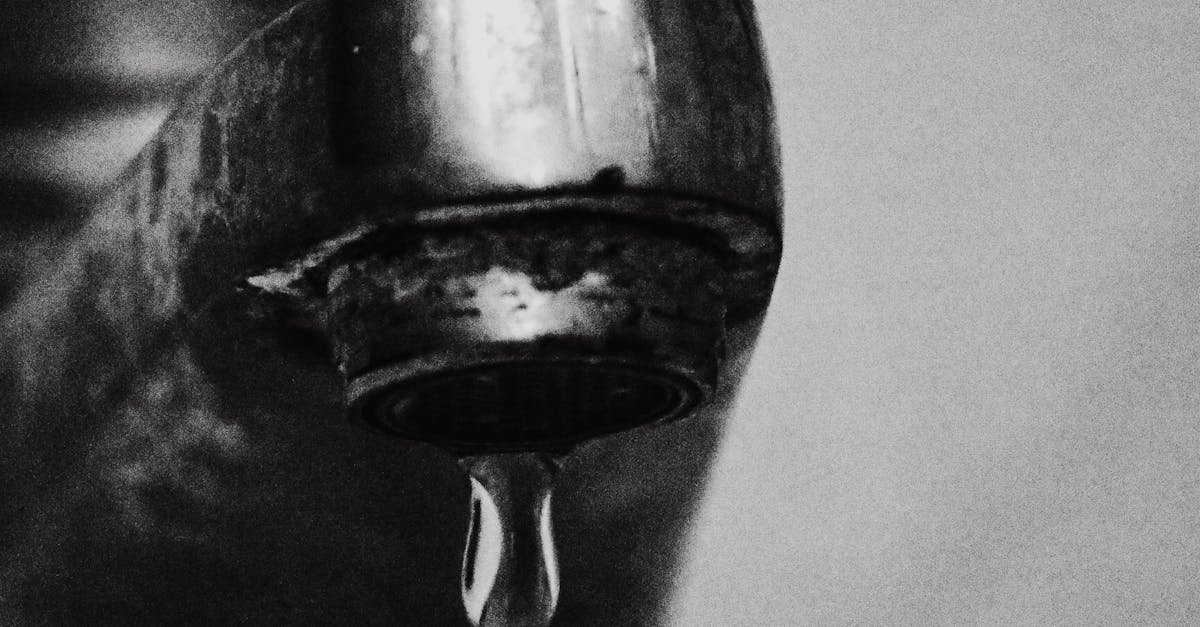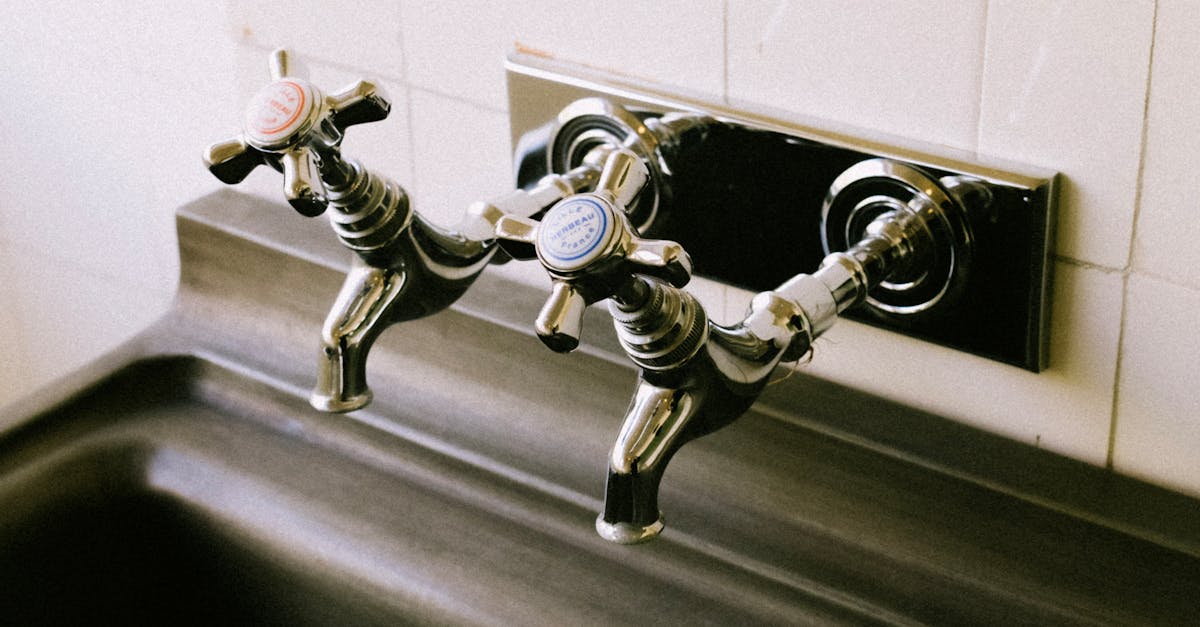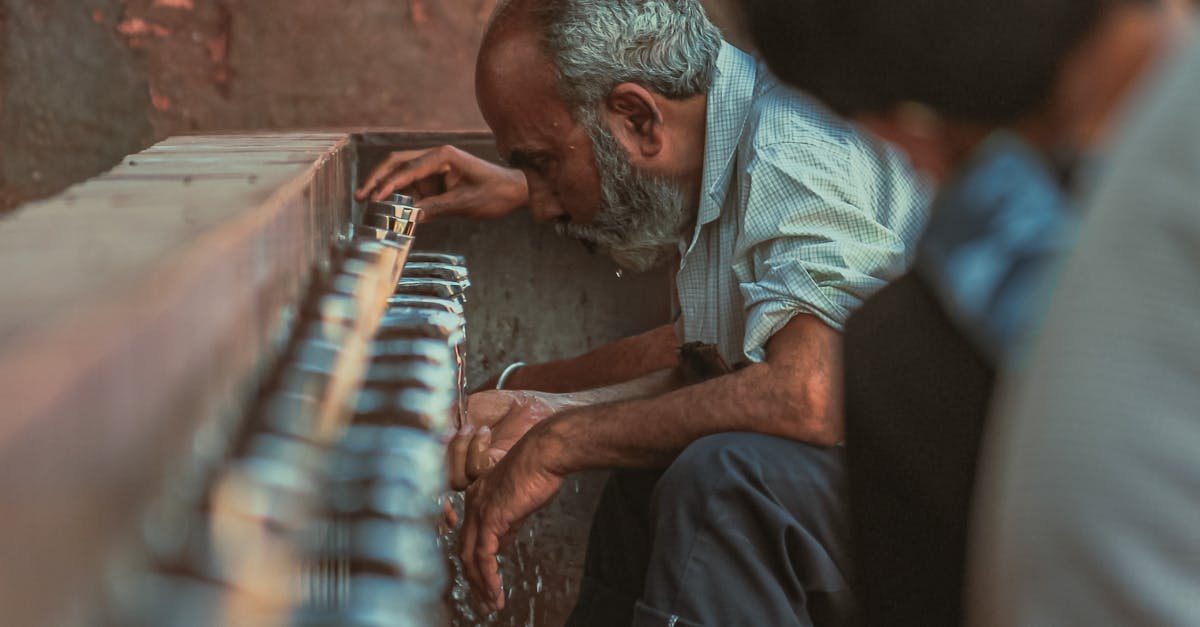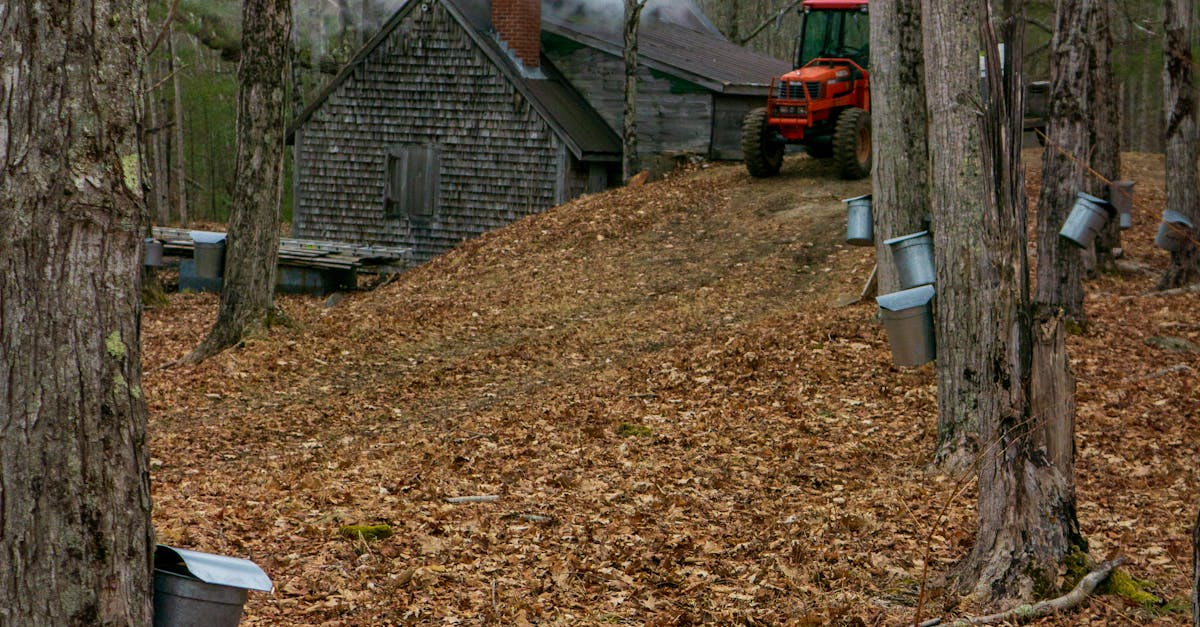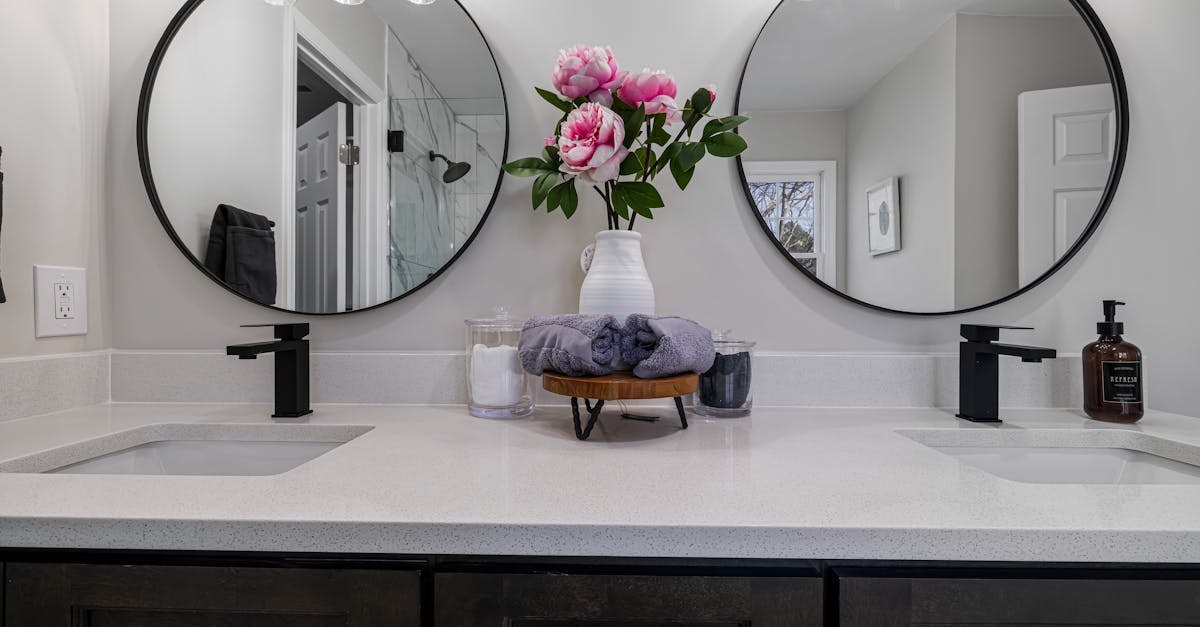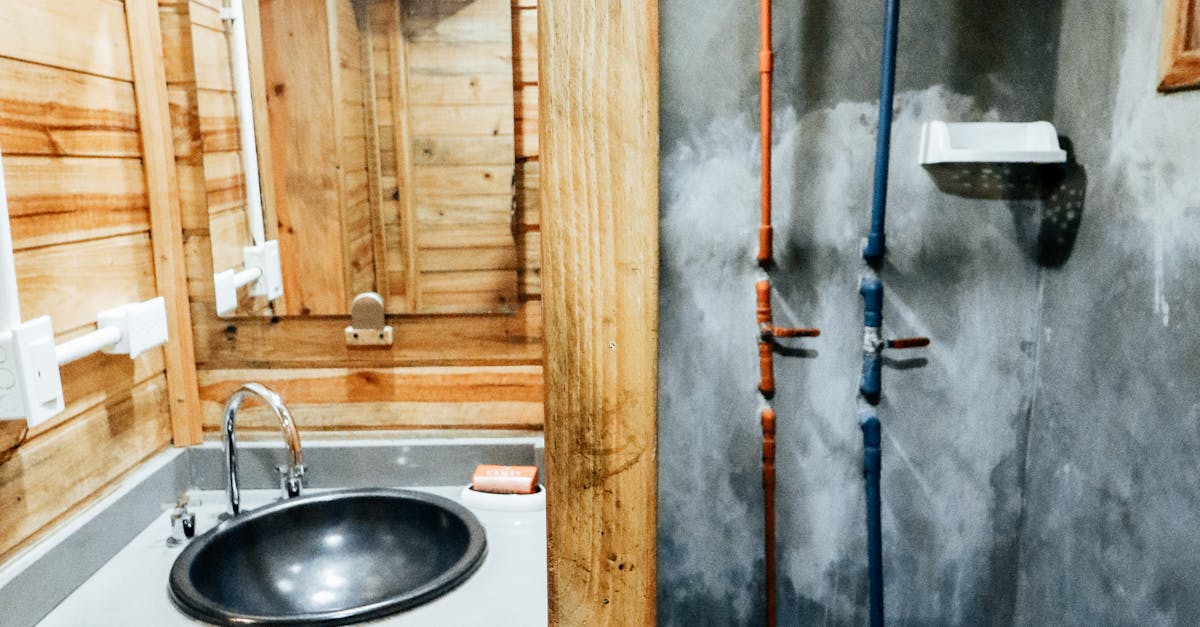
Table Of Contents
Preventing Future Leaks
Regular maintenance is crucial for preventing future leaks in your plumbing system. Simple actions, such as inspecting washers and O-rings for wear and replacing them when needed, can significantly reduce the chances of leaking taps. Over time, these components can deteriorate due to constant pressure and mineral build-up, leading to water seepage. Keeping an eye on the condition of your fixtures and promptly addressing any signs of wear can extend the life of your tap.
It’s also beneficial to be mindful of water pressure levels in your household. Excessively high water pressure can strain your taps, increasing the likelihood of leaks. Installing a pressure regulator can help manage this issue, ensuring that your plumbing operates within the recommended limits. By being proactive and maintaining your taps regularly, the inconvenience of leaking taps can be minimised, ultimately saving both water and money.
Tips for LongLasting Tap Performance
Leaking taps can often be avoided with proper care and attention. Regularly check the tap handles and bodies for any signs of wear or damage. Small issues, such as minor cracks or loose fittings, can lead to larger leaks over time if not addressed promptly. It's also beneficial to ensure that the washers and O-rings remain in good condition. Replacing these components every few years can be a simple and effective way to prolong the life of your tap.
Maintenance practices play a crucial role in the performance of your water tap. Regular cleaning with appropriate non-abrasive cleaners helps prevent buildup that can affect the tap's function. Be mindful not to overtighten the handles, as this can wear out seals faster and lead to leaking taps. Keeping the tap and surrounding area dry can also help you quickly detect any leaks, allowing for timely repairs that save water and reduce the risk of more severe plumbing issues.
DIY vs. Professional Help
When dealing with leaking taps, many homeowners consider DIY solutions before calling in a professional. Simple tasks, like replacing washers or O-rings, can often be tackled with household tools. There are plenty of resources available online to guide those who may not have extensive plumbing experience. This approach can save money and empower individuals to learn more about their home’s plumbing system.
However, some situations may require the expertise of a qualified plumber. If a leak persists after attempting DIY fixes or if the problem seems to stem from more complex plumbing issues, professional help is advisable. Experienced plumbers can accurately diagnose the root cause of leaking taps and provide effective long-term solutions. Opting for professional assistance can ultimately prevent further damage and additional repair costs down the line.
Evaluating Whether to Call a Plumber
When dealing with leaking taps, it is important to assess your own skills and comfort level with DIY repairs. Basic tasks may seem manageable, and there are numerous resources available to guide you through common fixes. However, not all leaks are straightforward, and some might involve complications such as hidden pipes or outdated plumbing, which could lead to bigger issues if not handled correctly.
If the leak persists after attempting repairs or if you lack the tools and expertise needed for a thorough fix, it may be time to consider calling a plumber. Professional plumbers have the experience and knowledge to address various plumbing problems, ensuring that all aspects of the issue are properly managed. This approach can save you time and potentially prevent further damage to your home’s plumbing system.
Importance of Regular Maintenance
Regular maintenance of your plumbing system plays a crucial role in ensuring that fixtures, especially taps, function efficiently. It helps detect minor issues before they escalate into significant problems, such as leaking taps. A simple inspection can reveal worn-out washers or seals, which are often the culprits behind leaks. By addressing these issues early on, you can save a considerable amount on water bills and potential repair costs.
Incorporating routine checks into your home maintenance schedule can substantially extend the life of your plumbing fixtures. Cleaning aerators and checking for signs of corrosion can prevent leaks and maintain water pressure. Many homeowners underestimate the importance of this upkeep, leading to inconveniences like leaking taps that could have been easily avoided. By keeping an eye on your plumbing system, you contribute to a more efficient and reliable home environment.
Keeping Your Plumbing in Top Shape
Regular maintenance is crucial for ensuring your plumbing works efficiently. Simple tasks such as checking for leaks and ensuring fittings are tightened can significantly prolong the lifespan of your taps. Leaking taps, if left unaddressed, can lead to more serious plumbing issues and increased water bills. It is advisable to inspect your plumbing system periodically to catch small problems before they escalate.
Investing time in maintenance not only saves money in the long run but also promotes environmental sustainability. Small leaks contribute to water wastage, impacting local resources. By keeping your plumbing in top shape, you can minimise the risks associated with leaking taps and ensure a reliable water supply while doing your part in conserving water.
FAQS
What are the common causes of a leaking tap?
Common causes of a leaking tap include worn-out washers, corroded valve seats, loose parts, and damaged O-rings. Identifying the specific cause will help determine the best solution.
Can I fix a leaking tap myself?
Yes, many minor issues with leaking taps can be fixed by DIY methods. It often involves replacing washers or O-rings, tightening fittings, or reseating the tap. However, if you're unsure or the problem persists, it’s best to consult a professional.
How often should I maintain my taps?
It’s recommended to perform regular maintenance checks on your taps at least once a year. This includes inspecting for leaks, cleaning aerators, and ensuring all components are in good working order.
When should I call a plumber for a leaking tap?
You should consider calling a plumber if the leak persists after your DIY attempts, if you notice significant water damage, or if the tap is part of a more complex plumbing issue that requires professional expertise.
What are the long-term benefits of regular maintenance on my taps?
Regular maintenance can extend the lifespan of your taps, improve water efficiency, prevent leaks, and avoid costly repairs in the future. Keeping your plumbing in good shape also helps maintain your home’s overall water system.
